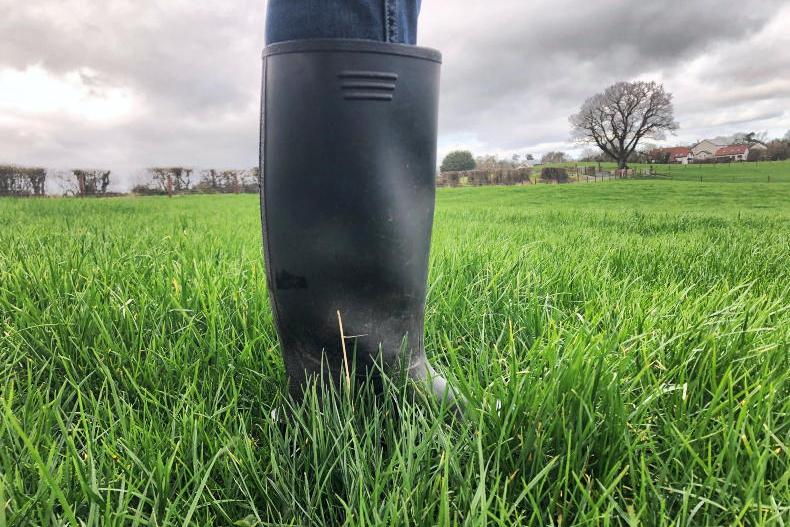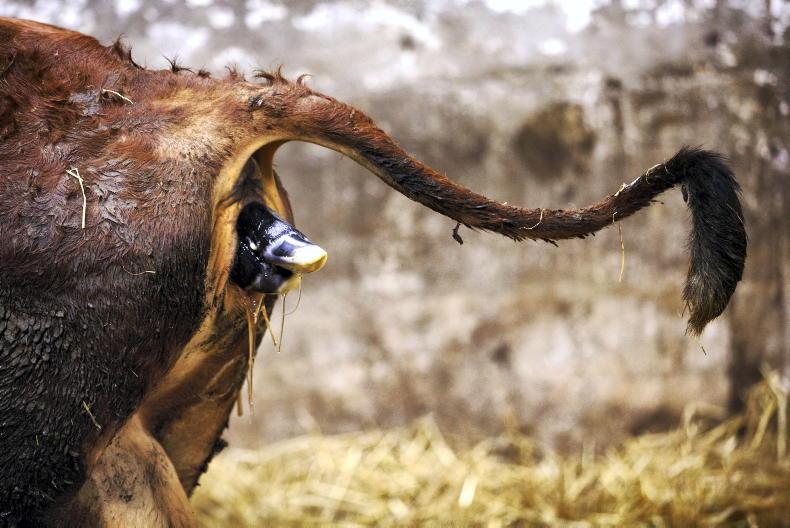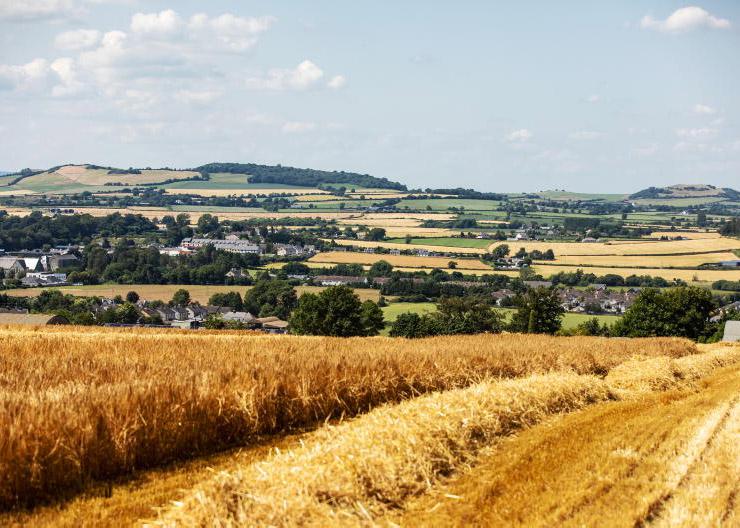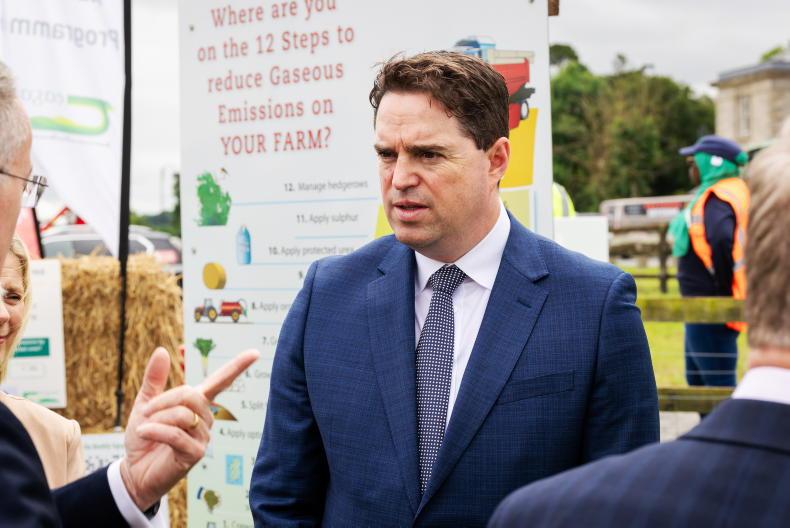IFA
The lack of detail included in the voluntary exit scheme and the emissions cap-and-trade measures caused “real concern” to the IFA dairy committee.
An absence of any estimation on the carbon leakage resulting from the proposals and the lack of an economic impact assessment on the plan’s potential effect on the dairy sector were among these concerns.
The IFA estimated that the proposed reduction in chemical nitrogen would cost farmers between €125m and €250m, also suggesting that there would be little additional emissions reductions resulting from a 35% chemical nitrogen reduction in comparison to a reduction of 20%.
“I have three points to make on [the report]: it’s a cut, it’s a cut, it’s a cut,” said IFA dairy chair Stephen Arthur.
“An economic impact assessment will have to be done by the Department of Agriculture before moving forward. We can’t go forward without knowing the impact,” said Arthur.
ICMSA
ICMSA president Pat McCormack said reducing emissions is an “incredibly fluid situation” and warned that the ICMSA will not “allow farmers to be stapled to restrictions that can and will be overtaken by technology and research that is already identifiable and on the way”.
McCormack also highlighted that there can be no “signing-off on anything that did not make categorical and fixed commitments on the financial supports that the report already recognises will be required” and insisted that this support must come from the Exchequer.
He said it is premature for anyone to predict the final version of the report and that the ICMSA would continue pushing for changes.
Macra na Feirme
Macra president John Keane said: “If it’s going [to the minister] in this format, it won’t be with the agreement of Macra.”
Of the dairy reduction scheme, he said “at no stage” was there agreement on “introduction of a quota of any sort” and criticised how the chair of the group went from commenting on national radio on avoiding quotas to now having it in the document.
While Keane said Macra is “100% behind environmental progress”, he said the recommended actions to reduce emissions require further “research”. He highlighted that moving from CAN to protected urea will require the fertiliser sector to respond and that on sexed semen, demand for the right bulls is outweighing supply.
The Macra president said he doesn’t see the measures needed to create opportunity for young farmers in the report.
ICOS
“A meeting of the Irish Co-Operative Organisation Society (ICOS) dairy committee will take place later this week to consider the 17 recommendations and ICOS will provide constructive feedback to the chair and Departmental officials in advance of the next meeting of the Food Vision Dairy Group,” stated a spokesperson for ICOS.









SHARING OPTIONS